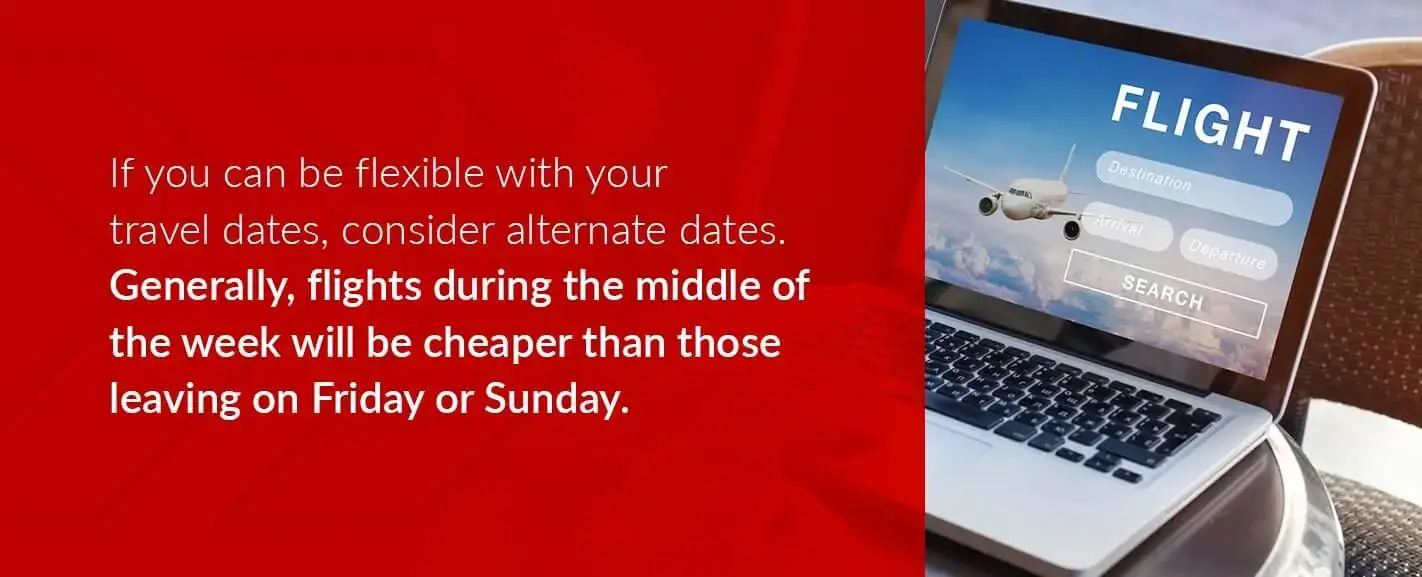Creating a Daily Budget: Tips for Managing Your Expenses on the Go

Understanding the Importance of Daily Budgeting
In an era dominated by instant purchases and seamless transactions, keeping track of daily expenses can feel like a daunting task for many. With shopping apps and online marketplaces at our fingertips, the temptation to splurge can easily overshadow responsible spending. Therefore, establishing a daily budget is not just beneficial; it is crucial for financial well-being and stability.
What does a daily budget achieve? First and foremost, it provides control over spending. By tracking everyday expenses, individuals can identify patterns in their spending habits and make informed decisions about their finances. For example, someone might discover that takeout meals contribute significantly to their monthly budget, prompting them to cook more at home and decrease dining expenses. This level of awareness can be incredibly empowering, as it opens the door to more conscious financial choices.
A budget also serves as a roadmap toward achieving financial goals. Whether your objective is to save for a dream vacation, pay off credit card debt, or build an emergency fund, a daily budget allows you to allocate specific amounts toward these aims. Imagine a recent college graduate who dreads their looming student loans. By setting aside even a small amount each day, they can systematically chip away at that debt, making their financial future less daunting.
Moreover, a daily budget can significantly reduce stress. Let’s consider the impact of unexpected expenses, such as car repairs or medical bills. If a person adheres to a budget, these surprises are less likely to wreak havoc on their finances, since they will have funds earmarked specifically for emergencies. A savings buffer can provide peace of mind, allowing individuals to handle unforeseen costs without derailing their financial plans.
However, failure to maintain a daily budget can lead to detrimental financial habits. For many Americans, the repercussions are palpable. Studies show that over 60% of individuals struggle to manage finances effectively, leading to issues like impulse purchases. These spontaneous buys, often influenced by marketing tactics and social pressures, can collectively devastate a budget within weeks. Additionally, the burden of student loans becomes insurmountable when individuals fail to track their spending and prioritize loan repayment. Lastly, without a budget, unexpected emergency costs can swiftly deplete savings, leaving individuals vulnerable and anxious.

To combat these challenges, creating a daily budget can be a transformative strategy. With the right tools and insights, you can take charge of your finances, cultivate better spending habits, and ultimately work toward financial freedom. In the following sections, we will explore various practical tips and innovative tools designed to help you implement a successful daily budget system—even when life pulls you in multiple directions.
DIVE DEEPER: Click here to discover more
Setting the Foundation: Assessing Your Financial Situation
Before diving into the specifics of creating a daily budget, it is essential to establish a solid foundation by accurately assessing your financial situation. Understanding your income as well as your expenses is crucial for effective budgeting. Begin by calculating your total monthly income, including all sources such as salary, freelance work, side gigs, and any passive income streams. This total will serve as the bedrock of your budgeting process, allowing you to see the funds you have available for daily expenses and savings.
Next, it is time to unveil your expenditures. Begin by documenting your fixed expenses—those bills that remain consistent every month. These may include:
- Rent or mortgage payments
- Utility bills (electricity, water, gas)
- Insurance premiums (car, health, home)
- Loan repayments (student, personal, vehicle)
- Internet and phone bills
Understanding these fixed costs gives you a clear picture of your financial obligations. However, the essence of daily budgeting lies in tracking variable expenses that can fluctuate. Identifying these costs often requires delving into your spending habits. Collect data on how much you typically spend on groceries, dining out, entertainment, transportation, and other areas. Not only does this provide insight into your overall financial picture, but it also reveals areas where you might cut back.
If you are starting without any prior tracking, consider using a spending log for a month. Document every purchase, large or small, to paint an accurate portrait of where your money is going. Many budgeting apps are also available that can automatically record your transactions and categorize them, simplifying this process significantly. Popular options like Mint, YNAB (You Need a Budget), or PocketGuard can assist in this endeavor, making it easier to recognize spending habits in real-time.
Creating a Flexible Daily Budget
With the groundwork laid, it’s time to create a flexible daily budget tailored to your financial goals while accommodating the unpredictability of daily life. Start by using the information you have gathered regarding your income and expenses to establish spending limits. Divide your available monthly income by 30 to determine a daily spending allowance. This figure serves as a reference point each day and can help guide your purchasing decisions.
However, flexibility is vital in a daily budget. Life is filled with unexpected turns, and your financial needs may shift. To accommodate such changes, consider the following tips:
- Prioritize essential expenses: Distinguish between needs and wants, ensuring that necessities are covered first.
- Allocate funds for entertainment and leisure: After covering basic expenses, allow room in your budget for enjoyable activities without feeling guilty about indulging from time to time.
- Set aside a contingency fund: Create a buffer for unexpected expenses, understanding that necessity often demands flexibility.
By adhering to this structure, you cultivate a budgeting habit that adjusts to your lifestyle, encourages responsible spending, and allows for financial goals to be met. Whether it is stashing away a few dollars a day for a vacation or paying off a debt, the ability to make purposeful choices on the go can enhance your financial journey significantly.
Creating a Daily Budget: Tips for Managing Your Expenses on the Go
In today’s fast-paced world, managing finances on the go has become a necessity rather than a choice. With the increasing cost of living and the temptation of impulse buying, it’s crucial to develop a daily budget that keeps your spending in check while allowing you to enjoy life’s little pleasures. Below is a brief overview encapsulated in a table featuring essential categories to consider when establishing your daily budget.
| Category | Description |
|---|---|
| Essentials | Include groceries, transportation, and housing. Prioritize these costs to ensure needs are met first. |
| Discretionary Spending | Allocate a portion of your budget for entertainment, dining out, or hobbies. This allows for enjoyment without financial guilt. |
To effectively allocate funds into these categories, consider utilizing budgeting apps that automatically track your spending. Additionally, establishing daily spending limits within the essentials and discretionary categories fosters a disciplined approach to financial management. Furthermore, regularly revisiting your budget can help you adjust for unexpected expenses, ensuring your budget remains realistic and sustainable.
By understanding and organizing your expenses through these categories, you simplify the process of financial tracking, leading to more informed decisions as you navigate the challenges of daily spending. Implementing these strategies not only cultivates healthy financial habits but also lays the groundwork for achieving larger financial goals in the future.
DIVE DEEPER: Click here to uncover unique travel itineraries
Leveraging Technology for Smart Budgeting
In today’s fast-paced world, leveraging technology can significantly enhance your budgeting experience. Gone are the days of manually scribbling numbers in a notebook. With a plethora of apps and online tools designed for financial management, you can keep track of your spending on-the-go with ease. The advent of mobile banking and budgeting applications has changed the landscape of personal finance, allowing users to monitor their expenses anywhere, anytime.
Choosing the right budgeting app is crucial for your success. Look for features such as transaction tracking, spending categories, and real-time notifications. Some popular apps like Mint allow users to link bank accounts and credit cards for automatic tracking, bringing together all your financial information in one place. Others like YNAB (You Need a Budget) emphasize proactive budgeting, teaching users how to allocate their money before they spend it. By utilizing these apps, you’ll find yourself more aware of your spending habits and financial limits.
Consider using an app that provides visual representations of your data. Graphs, charts, and spending breakdowns can help you quickly identify trends in your spending behavior. This kind of analysis is vital for making informed decisions about where to cut back and where you can afford to indulge. Plus, many apps will send alerts when you’re nearing your set budgets in different categories, allowing you to adjust in real-time.
Embracing the Cash Envelope System
For those who prefer a tangible method, the cash envelope system offers a tried-and-true approach to managing daily expenses. This traditional method involves dividing your budget into different envelopes or categories—like groceries, entertainment, and transportation—and placing the allocated cash into each envelope. Once the cash is gone, you can’t spend anymore in that category for the month. This physical restriction often compels individuals to be more judicious in their spending.
The beauty of the cash envelope system lies in its simplicity and psychological impact. Handling cash can create a more conscious awareness of your spending habits. Additionally, consider blending this approach with technology by tracking your cash usage in an app or maintaining a digital record to ensure accountability.
Reviewing and Adjusting Your Budget Regularly
One key aspect of successful budgeting is the ongoing review of your spending habits and budgetary goals. Life is not static; your budget shouldn’t be either. Make it a habit to reassess your budget on a weekly or monthly basis. Ask yourself: Are you consistently staying within your limits? Have your income or expenses changed? Reviewing your budget regularly allows you to spot trends, adjust allowances, and ensure that your financial goals are aligned with your current lifestyle.
Additionally, implementing a monthly “financial check-in” can enhance your budgeting discipline. During this time, sit down and analyze your financial health by comparing actual spending against your budget. Use this opportunity to celebrate successes, such as paying off debt or reaching a savings milestone, while also identifying areas for improvement. To facilitate this review, use budgeting software or spreadsheets that allow you to plug in numbers quickly and see results instantaneously.
By constantly evaluating your budget, you position yourself to be proactive rather than reactive regarding your finances. This practice not only empowers you to take control of your spending but equips you with the insight needed to make informed financial decisions moving forward. Ultimately, a daily budget is a dynamic framework that adapts to your realities, making financial management less daunting and more attainable.
EXPLORE MORE: Click here to delve into wellness-focused travel strategies</p
Conclusion
Creating a daily budget is not merely about adhering to numerical constraints; it’s about empowering yourself with newfound financial awareness and control. By adopting the smart techniques discussed—whether through leveraging modern technology with budgeting apps or sticking to the age-old cash envelope system—you can discover unprecedented flexibility and clarity in managing your expenses on the go.
Regularly reviewing and adjusting your budget helps to align your spending with your evolving goals, ensuring that you’re not just maintaining your current financial position but actively working toward a better future. The process doesn’t have to be overwhelming; instead, envision it as a roadmap leading you toward financial stability and success, where each monetary choice contributes to your larger aspirations.
Consider that budgeting is less about restrictions and more about choices. Approaching your finances with a proactive and mindful attitude allows you to streamline your expenses without sacrificing your lifestyle. As you implement these strategies, remember to celebrate your achievements, no matter how small they may seem; every step contributes to building a stronger financial foundation.
In a world that’s continuously changing, your budgeting plan should remain adaptable, evolving to meet your personal circumstances. While the journey to financial control may have its ups and downs, consistent effort and reflection will steer you toward achieving your objectives. In the end, creating a daily budget stands as a powerful yet manageable tool in your pursuit of financial wellness.


